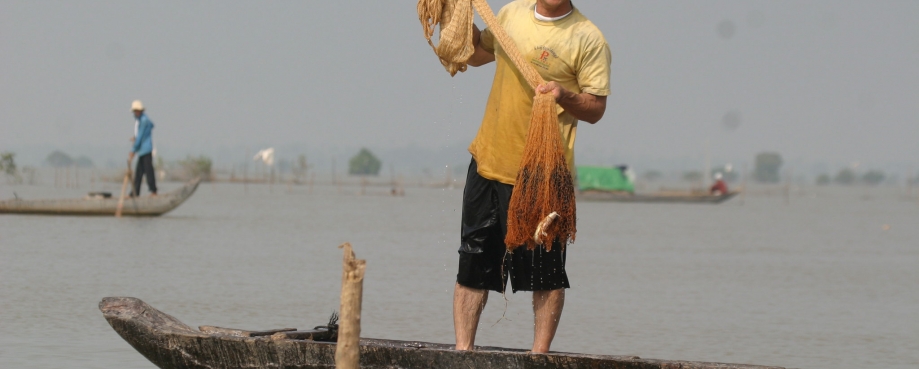
The European Parliament’s Committee on the Environment (ENVI) has voted in favour of bringing more transparency to fisheries activities and traceability to seafood supply chains.
If this fisheries reform is all agreed and implemented across the EU (and hopefully the UK), and If this does result in effective regulation such that fish stocks rising back to sustainable levels, then I cannot but start to dream.
If fishing pressures within EU waters – supply and demand reach a new balance - then pressures on improving workers’ welfare and livelihoods might also come into play, allowing for universal good practices to follow in EU waters.
If the EU can demonstrate the effectiveness of such measures, then could this approach be effective globally? And, would other jurisdictions want such changes? As with EU hopes, might this then lead to a new equilibrium in the global fishing industry and a new prospect for good working conditions and protection for workers – particularly fishers – globally?
There are quite a few ‘ifs’ and ‘maybes’ and many decades of investment activity between where we are today and the achievement of my dream. So far, these thoughts are based on improvements among responsible businesses. But, what of IUU fishing and rogue states that fail to respect others jurisdictions in the first place? There may be enough of these last two categories out there to still bring failure. There is far too little investment – or understanding – as to what drives IUU fishing (it seems to be profitable) and how to effectively put this out of business. And what do we do about powerful states who have no regard for international agreements? Dream over.
Given the unlikely effectiveness of global fisheries regulation any time soon, this leaves us with a bitter struggle to bring some degree of respect and protection for fishers in particular and the urgent need for mechanisms that can give them an organised and informed voice within the existing unsatisfactory industry practices.
ETI looks to its members to provide leadership – particularly where conditions are at their hardest. Requiring that fishers in their supply chains are formerly represented by a trade union is one small bottom up and low cost initiative that can still bring some hope of improvements for fishers and sustainable fishing. ETI expects its members to prioritise such steps.
